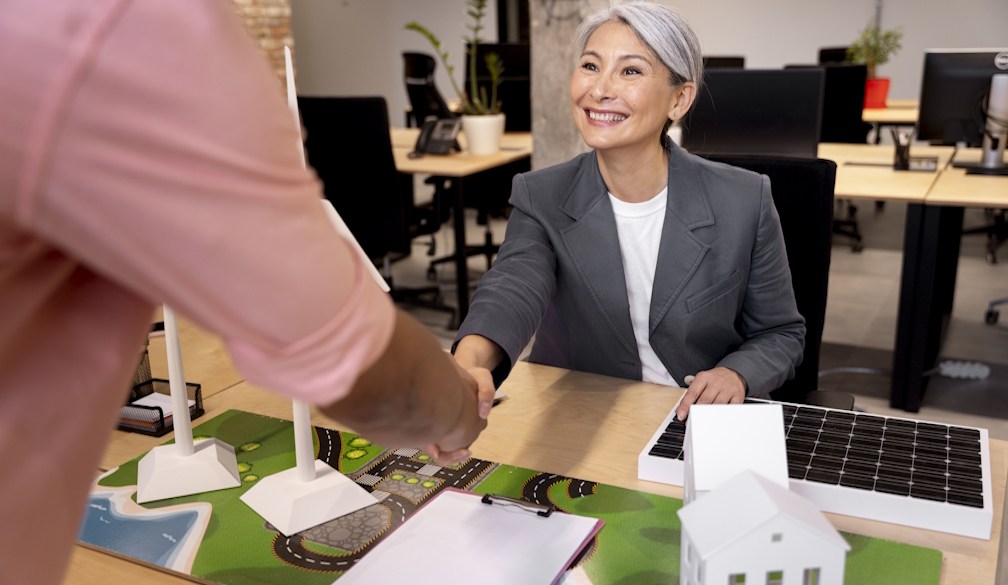What are the benefits of using a vendor advocate when selling a property

A vendor advocate can be a huge asset when you're navigating the complexities of working with vendors, whether for business or other purposes. Here are the key benefits:
- Negotiation Power
A vendor advocate represents your interests during negotiations. They can help secure better terms, discounts, or more favourable service agreements since they have a strong understanding of the vendor landscape and how to push for the best deal.
- Time Savings
They handle the time-consuming task of researching, comparing, and selecting vendors. This can free up your time to focus on other areas of your business or project.
- Expert Knowledge
Vendor advocates are often experts in vendor management and procurement processes. They can give you insights into industry trends, best practices, and help you understand technical jargon, so you're not left in the dark.
- Objectivity
They provide a neutral, unbiased perspective, which is helpful when deciding between multiple vendors. Without an advocate, you might be swayed by sales pitches or marketing, but an advocate will focus on your specific needs and objectives.
- Better Vendor Relationships
Because vendor advocates manage ongoing vendor relationships, they can act as a liaison, ensuring smooth communication and resolving issues quickly. A solid relationship with your vendor can lead to improved service, faster response times, and sometimes even perks.
- Cost Efficiency
By negotiating better contracts and improving vendor performance, a vendor advocate can help you get more value for your money. They'll work to make sure you're not overpaying or stuck with unnecessary services.
- Risk Management
They can help mitigate risks related to vendor performance, compliance, and contract issues. For example, they can make sure that any agreements meet legal or regulatory standards, reducing the chance of future problems.
- Ongoing Vendor Monitoring
After a vendor is selected, an advocate may continue to monitor their performance, ensuring that they deliver as agreed. If there are issues, they'll be the first to step in and try to resolve them before they become bigger problems.
- Specialized Vendor Expertise
A vendor advocate can bring specialized knowledge to the table if you're looking for vendors in specific industries or niches. Their expertise can save you the trouble of learning the ins and outs of a particular market or vendor ecosystem.
- Vendor Optimization
They may help you optimize your use of vendors by identifying areas where you could consolidate services, switch vendors, or renegotiate for better efficiency and value.
By hiring or working with a vendor advocate, you're essentially getting a professional who's looking out for your best interests and helping you navigate the vendor world with confidence. Whether you're trying to save money, get better service, or just streamline your operations, they can make a big difference!





